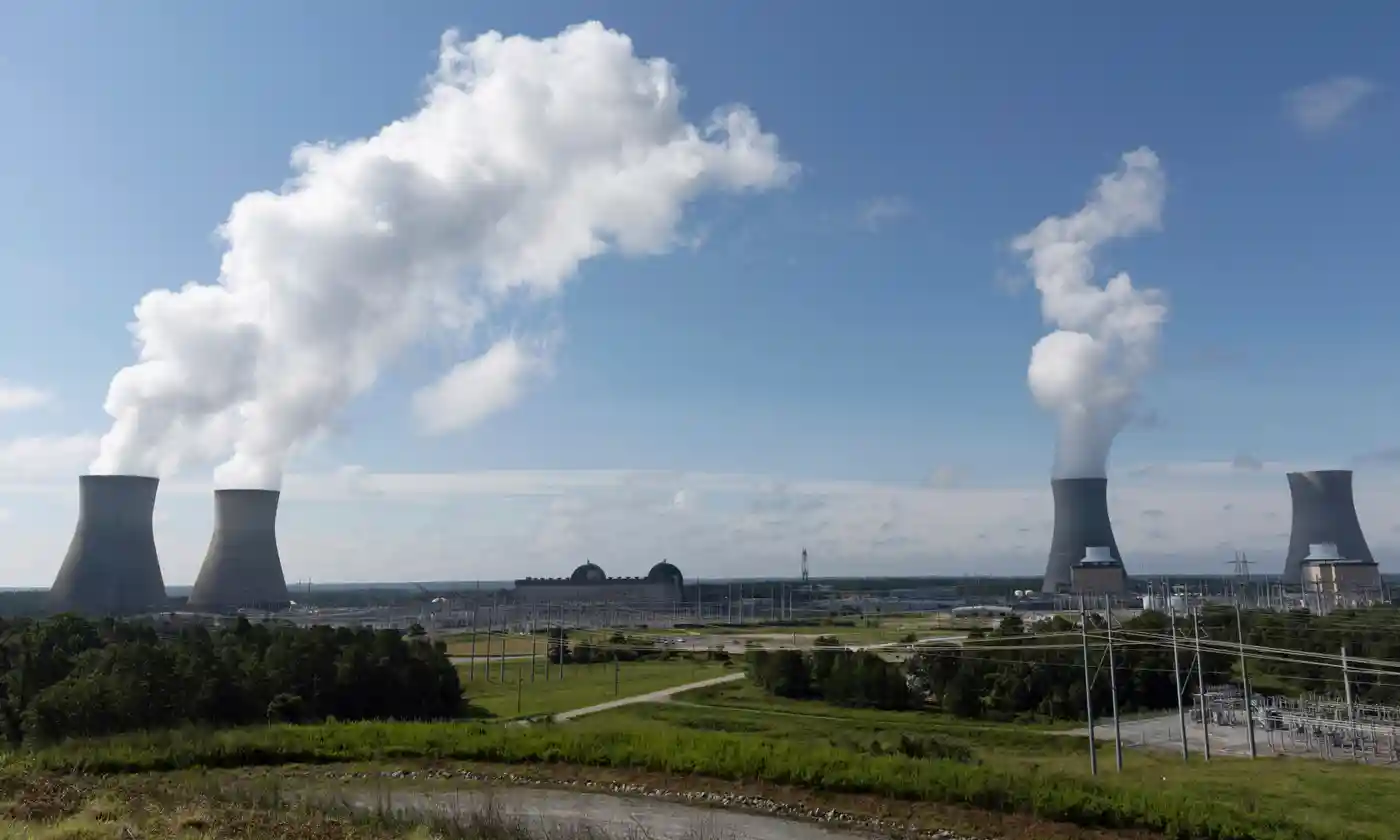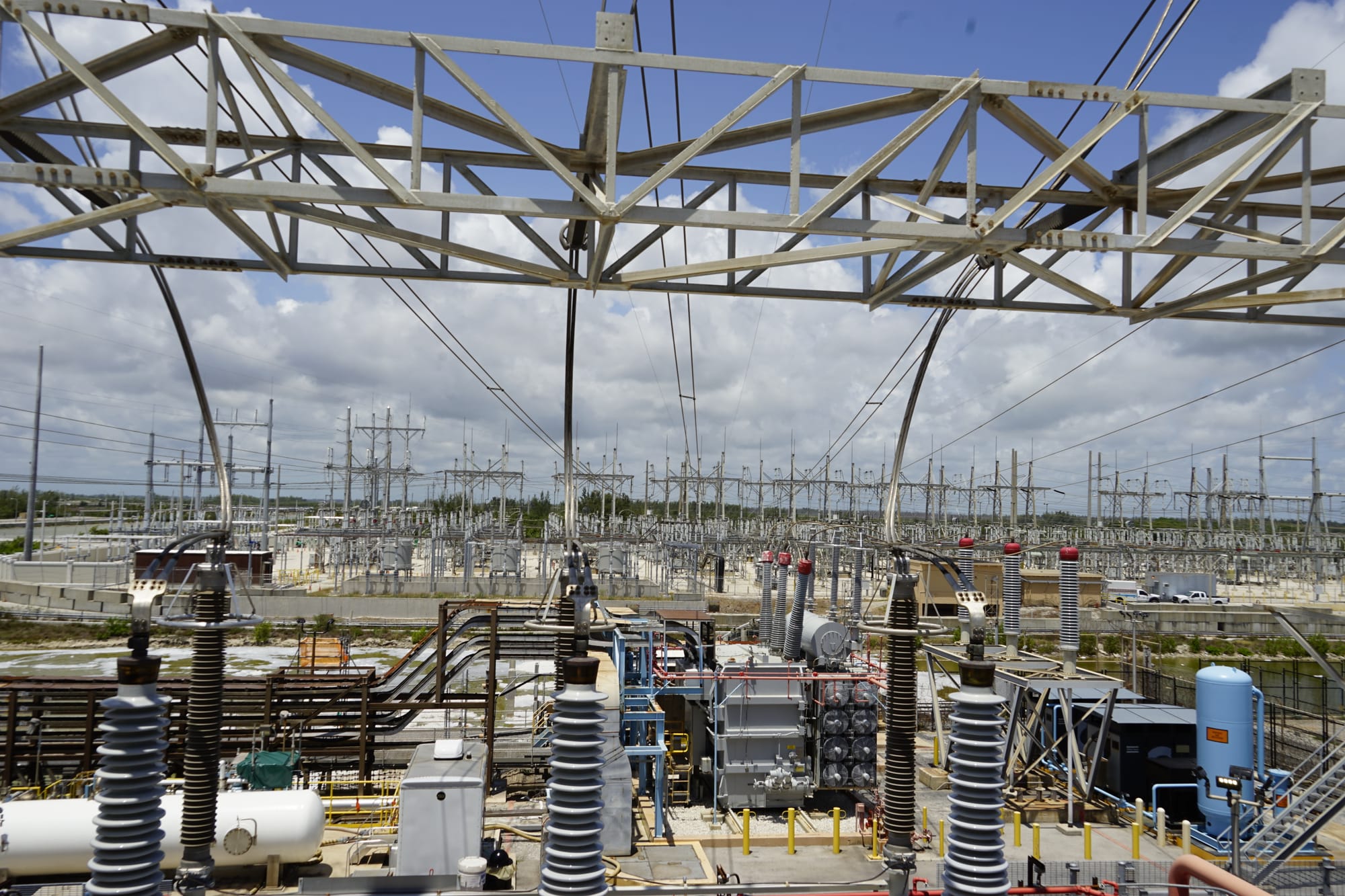US utilities oppose Biden efforts to make gas power plants cleaner
Lobbying group’s pushback is out of step with voters and raises questions about industry commitment to reducing pollution

Published in the Guardian
The main lobbying group for U.S. electric utilities plans to oppose a Biden Administration proposal to curb greenhouse gas emissions from existing gas power plants, raising questions about the industry’s commitment to reducing planet-heating pollution.
The pushback will put the Edison Electric Institute (EEI) out of step with many of its members’ stated commitments to cut emissions, critics say. It also runs counters to the U.S. voters’ political views based on new polling shared exclusively with the Guardian and Floodlight.
The power plant rules, first proposed in May, would force power providers to clean up certain large coal- and gas-fired plants, either by installing new greener technologies or shutting the projects down. The Environmental Protection Agency (EPA) is asking states and utilities to submit plans on how they choose to limit those emissions within 24 months of the rules’ final approval.
Public comments must be submitted by Aug. 8.
EEI is circulating a draft comment on the rule to its member groups which were described by first-hand sources to Craig Segall, vice-president of policy at Evergreen Action. The draft says EPA’s proposed transition timelines are too strict and that the technology it would require is difficult to install, Segall said.
EEI has previously asked the EPA to exclude these power plants from its emission-reduction rule in a series of white papers submitted to the agency.
“EEI is working with our members to finalize extensive comments that are intended to help EPA develop final rules that support the ongoing clean energy transition, prioritize customer affordability and are legally durable,” EEI spokesperson Brian Reil said in an email. “There are elements of the proposal that are favorable, and we are making recommendations to strengthen them; elements that are fixable with additional flexibilities; and elements that miss the mark.”
The proposal would serve the White House’s goals to zero-out power sector emissions by 2035 and achieve a net-zero economy by 2050.
Power plant emissions made up roughly one-quarter of the carbon emissions in the United States last year, federal data shows. Electric companies have been closing older, less-efficient coal-fired plants over the past decade, and 50 EEI members have announced carbon-reduction goals, according to the lobbying group.

Utilities from the West Coast to the Southeast began announcing emission-reduction goals towards the end of the last decade. Edison International, owner of Southern California Edison Co., has set a 2045 net-zero greenhouse gas emission goal, which aligns with California’s climate targets economy wide, according to the company’s website.
Alliant Energy, which serves Iowa and Wisconsin, wants to cut greenhouse gas emissions 80% from 2005 levels by 2040 on its way to becoming net zero a decade later.
The companies’ objectives often are nuanced, with some stating that their goals are “aspirational.” Some include a broader range of emissions, including those that the utility cannot directly control.
Floodlight and the Guardian contacted 10 of EEI’s member utilities that have publicly discussed climate or carbon-reduction goals. Of the ones that responded, most deferred to EEI for comment or said they would make their comments available after the filing deadline.
“EEI members are in the middle of a profound, long-term transformation in how electricity is generated, transmitted and used,” the trade group said in a February paper submitted to the EPA.
But Evergreen Action’s Segall said EEI’s opposition to the new proposal, which he described as “modest” and “a bare minimum regulation,” indicates that they are broadly resistant to enforced change.
EEI’s resistance to the new standards clashes with voters’ beliefs, new polling from Evergreen and Data for Progress suggests. A majority of all likely voters support EPA's proposed pollution standards and also want utility companies to prioritize renewable energy like wind and solar over fossil fuels, according to the data.
A bipartisan majority also opposed utility companies using money from energy bills to fund political activities such as lobbying and issuing public comments, according to the poll, which was based on an online survey of 1,216 diverse likely U.S. voters conducted in late July.
“Regardless of your politics, you probably don’t think it’s your utility’s job to express their private corporate interests,” said Segall.
Floodlight depends on a community of readers like you who are committed to supporting nonprofit investigative journalism. Donate to see more stories like this one.


